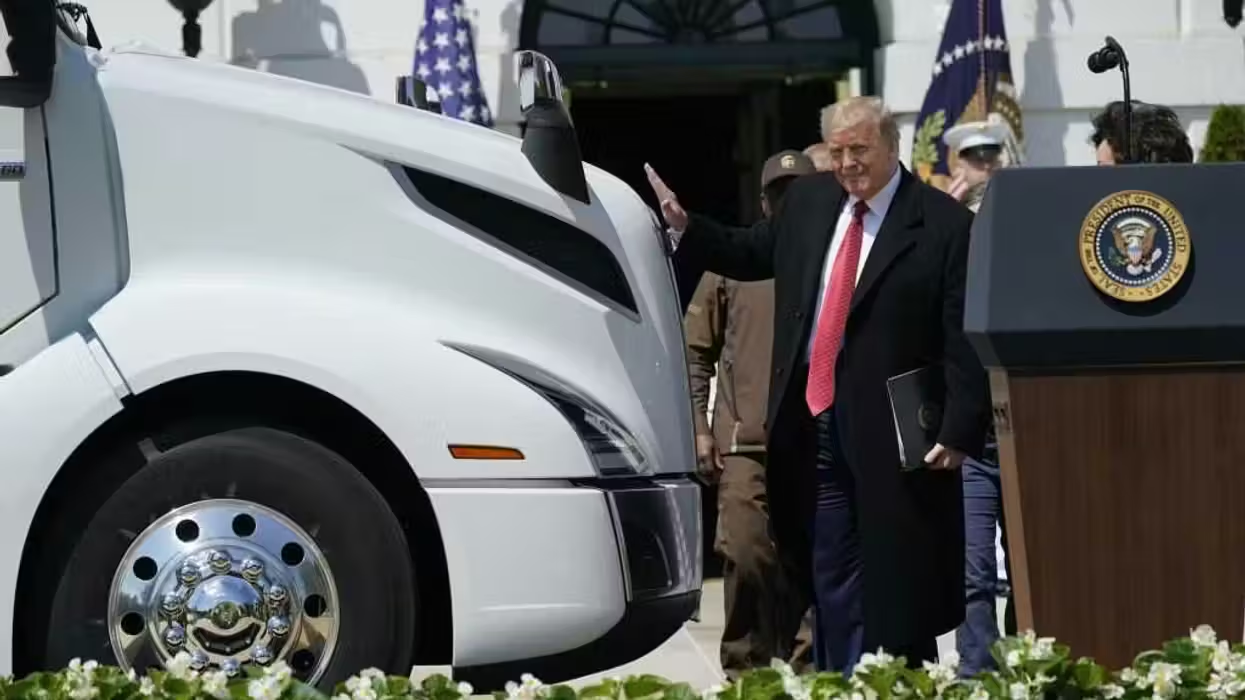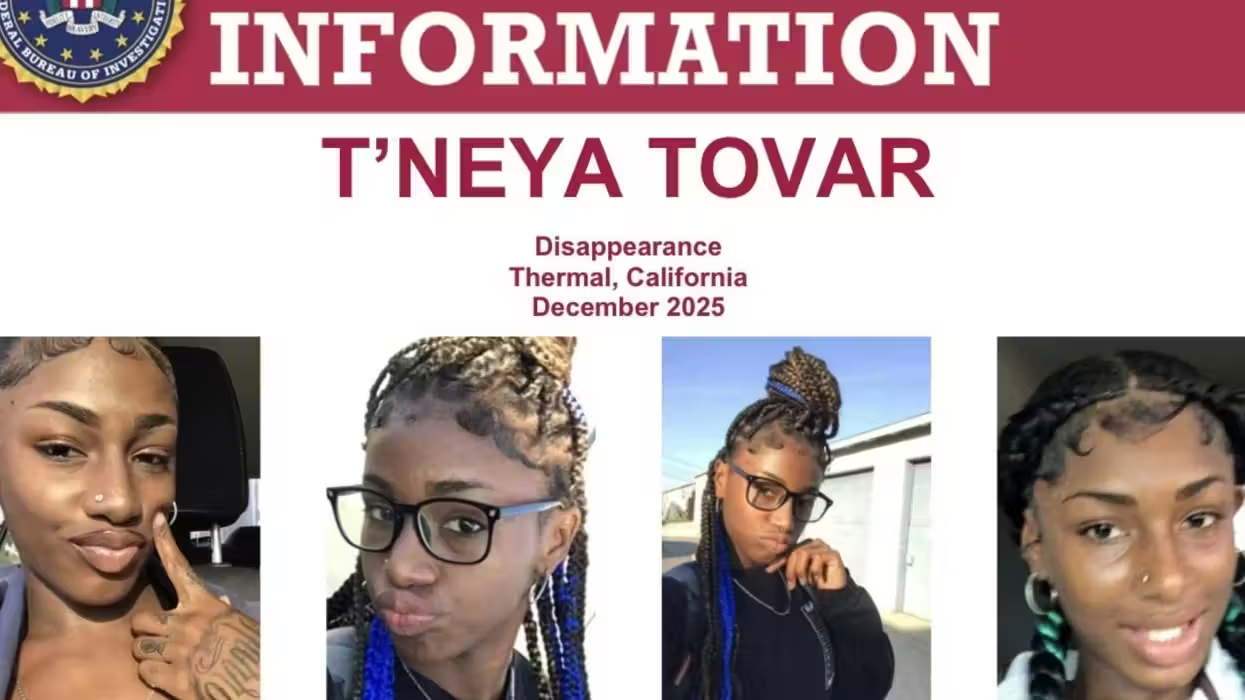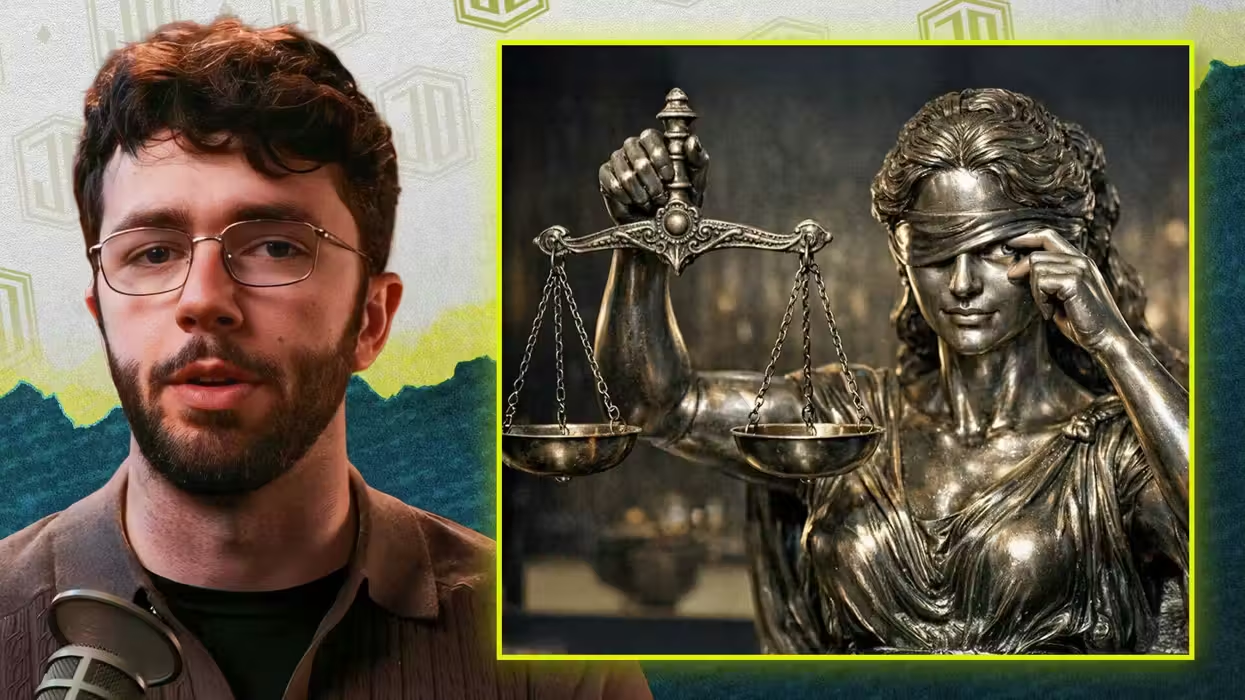
© 2026 Blaze Media LLC. All rights reserved.
He wasn't all about the products, but about creating a culture.
Ask Jay Elliott what the late Steve Jobs' most important contribution was and he won't say the iPod, iPad or the iPhone. He'll say iLeadership -- and the mouse.
The mouse is an underrated and often forgotten contribution of the Apple/Jobs legacy. Although Xerox invented the mouse, Jobs was among the first to see its commercial potential. With the mouse, Jobs helped Macintosh bring the world of personal computers -- that were user friendly -- into fruition.
Jobs' trip to Xerox where he saw the mouse, was accounted earlier this year in a profile by the New Yorker:
An engineer named Larry Tesler conducted the demonstration. He moved the cursor across the screen with the aid of a “mouse.” Directing a conventional computer, in those days, meant typing in a command on the keyboard. Tesler just clicked on one of the icons on the screen. He opened and closed “windows,” deftly moving from one task to another. He wrote on an elegant word-processing program, and exchanged e-mails with other people at parc, on the world’s first Ethernet network. Jobs had come with one of his software engineers, Bill Atkinson, and Atkinson moved in as close as he could, his nose almost touching the screen. “Jobs was pacing around the room, acting up the whole time,” Tesler recalled. “He was very excited. Then, when he began seeing the things I could do onscreen, he watched for about a minute and started jumping around the room, shouting, ‘Why aren’t you doing anything with this? This is the greatest thing. This is revolutionary!’ ”
And the rest is history.
Elliott, owner of Nuvel, worked as a senior vice president for Apple with Jobs during the early years, from 1980 to 1986. What Elliott viewed from Jobs was a that he saw problems in his own life and came up with products that were solutions that would work for him.
"He was the world's greatest consumer," Elliott said. "He built products for himself first and when they worked well, then for others. He didn't really care what the sales figures are; he's hung up on the best thing he can give us and why we're going to like it."
Elliott believe this is why there is an unprecedented amount of support for Jobs: people love Apple products. And although products are the sign of Jobs' outward success and creativity, Elliott said he wasn't all about the products, but about creating a culture.
This culture and leadership style, which Elliott coins as iLeadership, lead him to write a book on what he learned from Jobs' visionary management style and business skills --The Steve Jobs Way: iLeadership for a New Generation. An anecdotal example of this leadership Elliott provides is the creation of a printer for early Macintosh computers.
Macintosh computers, at the time, were going to be primarily used for graphics, necessitating a printer. When Jobs asked his team if they had a printer -- they didn't -- he gave then 90 days to create one. He wasn't taking no or "it can't be done" for an answer. And it did get done, even though they were using a cardboard box on the flight to Japan to mock up designs.
Jobs' leadership and inspiration reached beyond even his immediate employees. Like many a young man who idolized Jobs, Lucas Haley in 1996 sent him a letter and then forgot about it. Fox News reports that a few months later Haley said he not only got a response, but a call:
It went exactly like this:“Hello?”
“Hello. May I speak with Lucas Haley?”
“Speaking.”
“Hi. This is Steve Jobs.”
At this point I was ready to call bull on whichever friend was prank calling me. I barely caught myself in time, remembering that I hadn't told anyone about the letter. This couldn't be anyone but Steve Jobs.
The sudden realization strengthened my suspicion that I hadn't said anything in an awkwardly long time, and I blurted out a weak “Can ... can I help you?”
Steve Jobs and I spoke on the phone that afternoon for over 20 minutes, about college, about work, about chasing dreams, and about how he couldn't give me a job but here's the name of someone who could. It was all very surreal, and immediately upon hanging up it felt like it couldn't have happened.
Watch co-founder of Apple Computer Steve Wozniak describe some of his experience with Jobs:
These men, Elliott, Haley and Wonzniak, inspired by Jobs through different levels of contact and interaction are three of many. Elliott leaves us with his favorite Steve Jobs-ism: The journey is the reward.
Watch this account of Jobs' journey up until he stepped down as CEO earlier this year:
Want to leave a tip?
We answer to you. Help keep our content free of advertisers and big tech censorship by leaving a tip today.
Want to join the conversation?
Already a subscriber?
more stories
Sign up for the Blaze newsletter
By signing up, you agree to our Privacy Policy and Terms of Use, and agree to receive content that may sometimes include advertisements. You may opt out at any time.
Related Content
© 2026 Blaze Media LLC. All rights reserved.
Get the stories that matter most delivered directly to your inbox.
By signing up, you agree to our Privacy Policy and Terms of Use, and agree to receive content that may sometimes include advertisements. You may opt out at any time.







